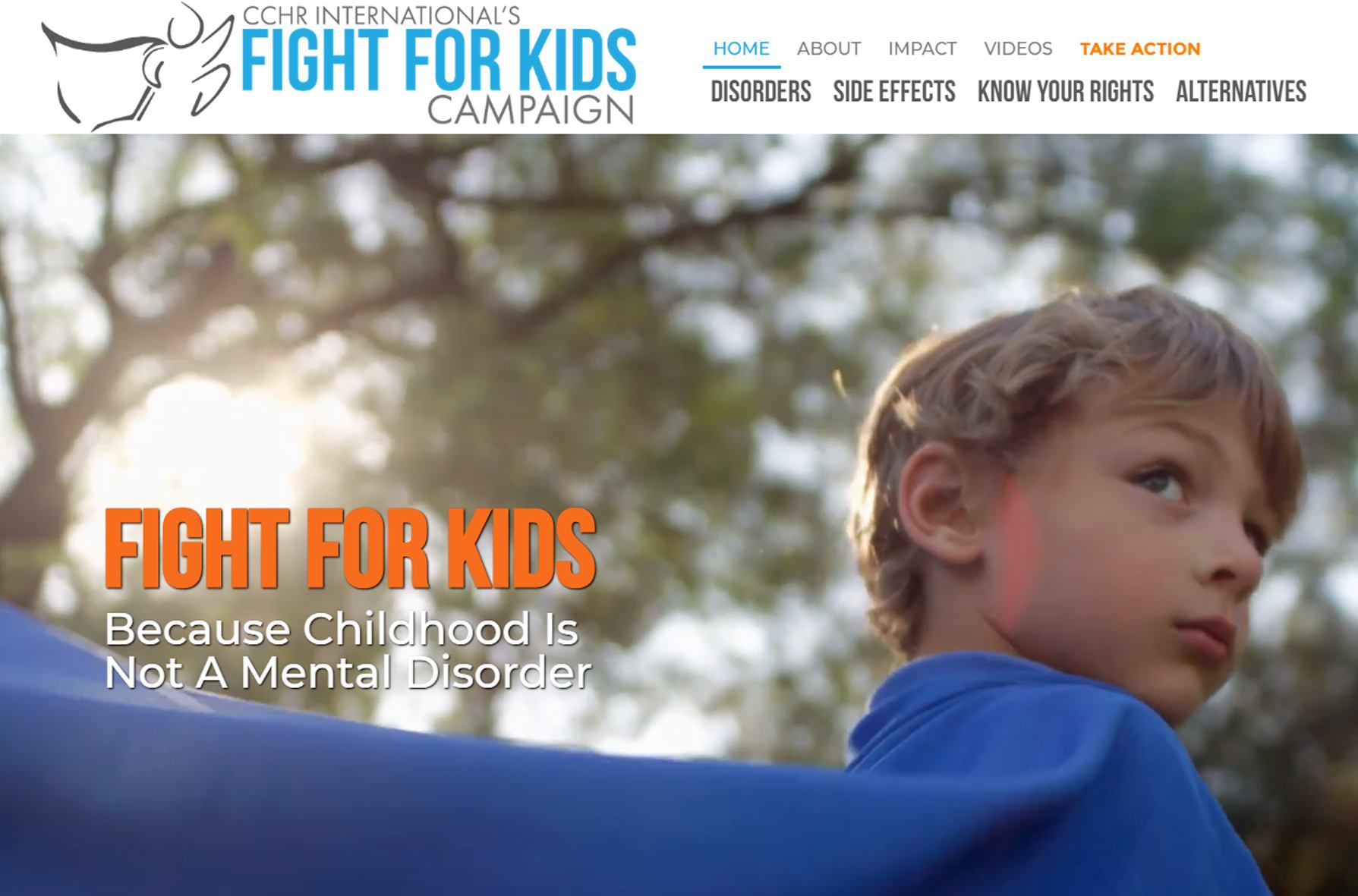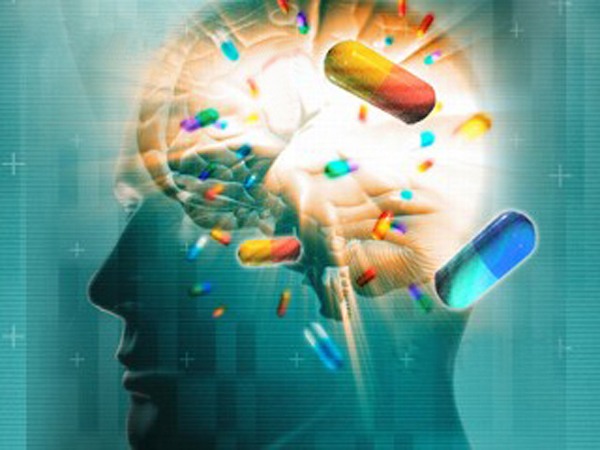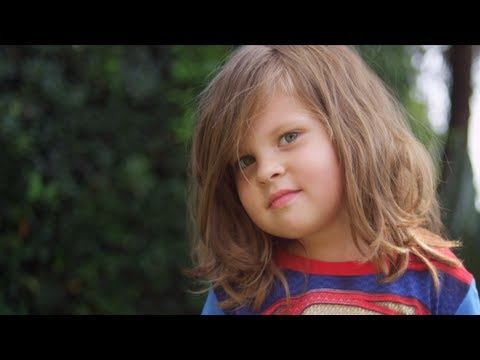New “Fight For Kids” Site Launched to Inform Parents and Protect Children from Documented Psychotropic Drug Risks
With documents revealing an astounding 622,723 U.S. children aged 0-5 prescribed powerful mind-altering drugs, a mental health watchdog launches campaign to Fight For Kids right to grow up label and drug free. The innovative website resource for parents faced with children labeled with a “mental” or “learning disorder,” provides them with facts about adverse effects of treatments being recommended to minors. Recognizing that parents and other caregivers often have to sift through considerable misinformation about mental health treatment to get facts about potential risks, the “Fight for Kids” (FFK) website, produced by the mental health watchdog Citizens Commission on Human Rights International (CCHR), has streamlined this, providing a definitive resource that cuts to the chase when it comes to drug and other treatment damaging effects. CCHR International says the drugs are being prescribed like candy, despite many of them scheduled by the Drug Enforcement Administration as high risk for abuse and addiction. The group says the FFK website is necessary because few parents know that psychiatric drugs are not like general medicine prescribed to treat physical diseases. There are no physical tests to confirm a psychiatric diagnosis which is based largely upon non-medical opinions about behavior.









